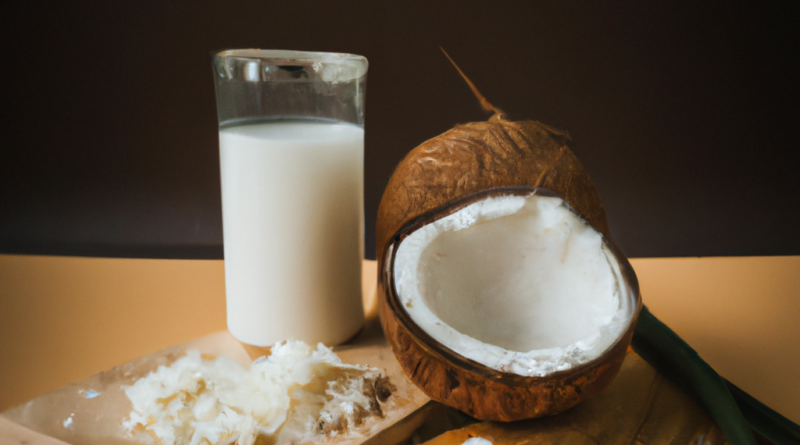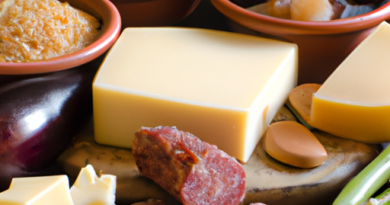MCT’s dietary benefits and the top 5 food sources
Medium-chain triglycerides (MCTs) are a type of fat that has gained attention for its potential health benefits, particularly in relation to dietary and metabolic effects. MCTs are unique in their structure, consisting of medium-length fatty acid chains, which makes them easier to digest and absorb compared to long-chain triglycerides (LCTs). Here are some of the dietary benefits of MCTs along with the top five food sources:
- Weight Management: MCTs have been studied for their potential role in weight management. They are metabolized differently than LCTs, being rapidly absorbed and transported to the liver where they are quickly converted into energy rather than being stored as fat. This can help increase energy expenditure and promote fat burning, potentially aiding in weight loss efforts.
- Improved Cognitive Function: MCTs have shown promise in supporting cognitive function, particularly in individuals with certain neurological conditions such as Alzheimer’s disease. The brain can readily utilize ketones, which are produced when MCTs are metabolized. This can provide an alternative energy source for the brain and may help improve cognitive function.
- Enhanced Exercise Performance: MCTs have been suggested to enhance exercise performance by providing a readily available source of energy for muscles during prolonged or intense physical activity. Some research suggests that MCTs may help spare muscle glycogen and delay fatigue during exercise.
- Blood Sugar Regulation: Consumption of MCTs may help improve insulin sensitivity and regulate blood sugar levels, which could be beneficial for individuals with diabetes or those at risk of developing the condition. MCTs are metabolized without requiring insulin, and they may help improve glucose uptake by cells.
- Gut Health: MCTs possess antimicrobial properties and may help support a healthy gut microbiome by promoting the growth of beneficial gut bacteria while inhibiting the growth of harmful pathogens.
Top 5 Food Sources of MCTs:
- Coconut Oil: Coconut oil is one of the richest natural sources of MCTs, containing primarily lauric acid, caprylic acid, and capric acid.
- Palm Kernel Oil: Like coconut oil, palm kernel oil is rich in MCTs, particularly lauric acid.
- MCT Oil: MCT oil is a concentrated source of MCTs extracted from coconut or palm kernel oil. It contains a higher proportion of caprylic and capric acids compared to other sources.
- Dairy Products: Certain dairy products, such as whole milk and cheese, contain small amounts of MCTs, primarily in the form of capric and caprylic acids.
- Butter: Butter contains a small amount of MCTs, particularly in the form of lauric acid. However, the MCT content in butter is relatively low compared to other sources.




